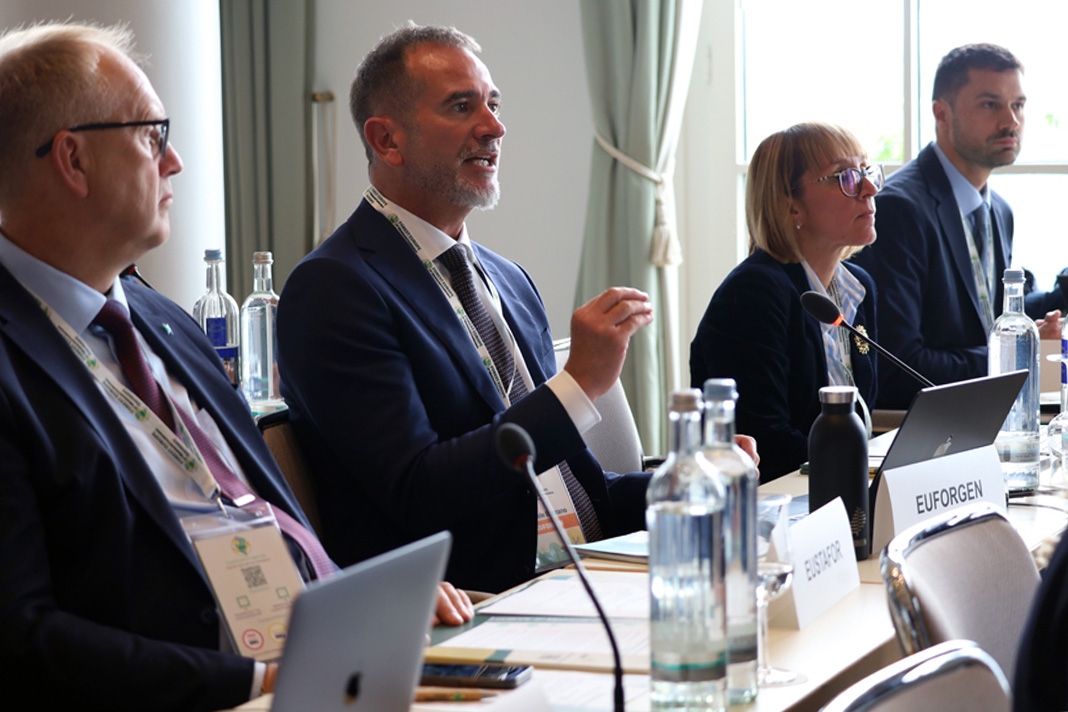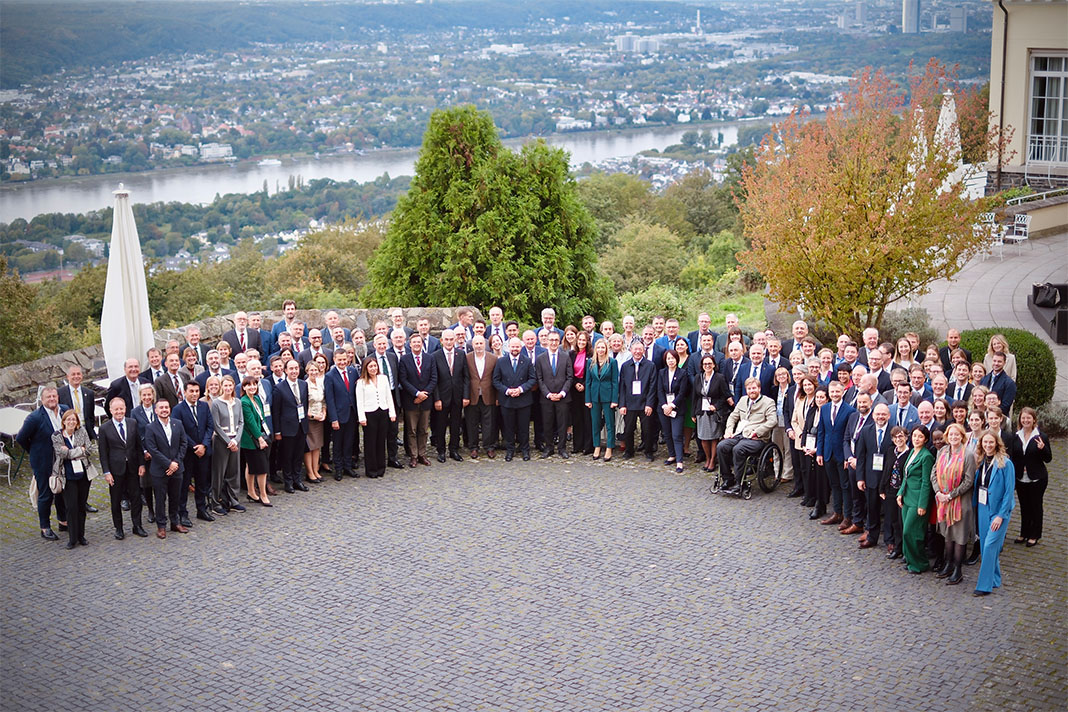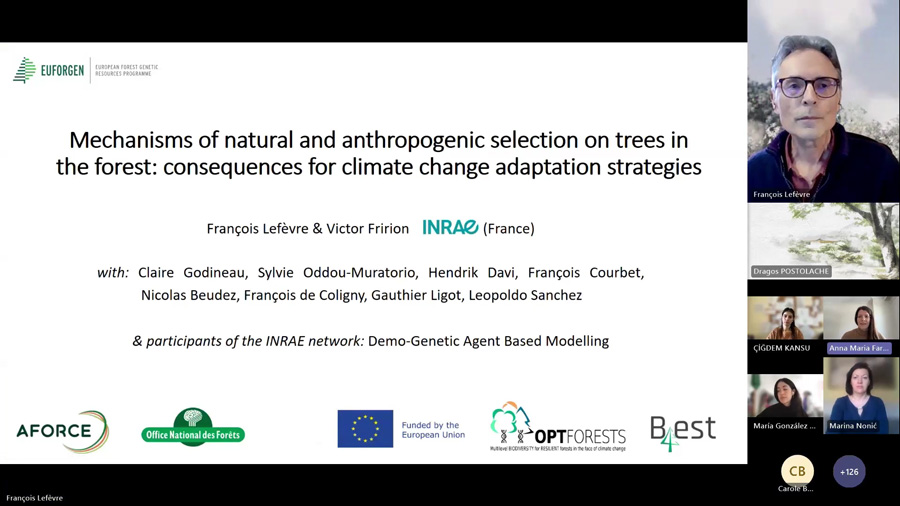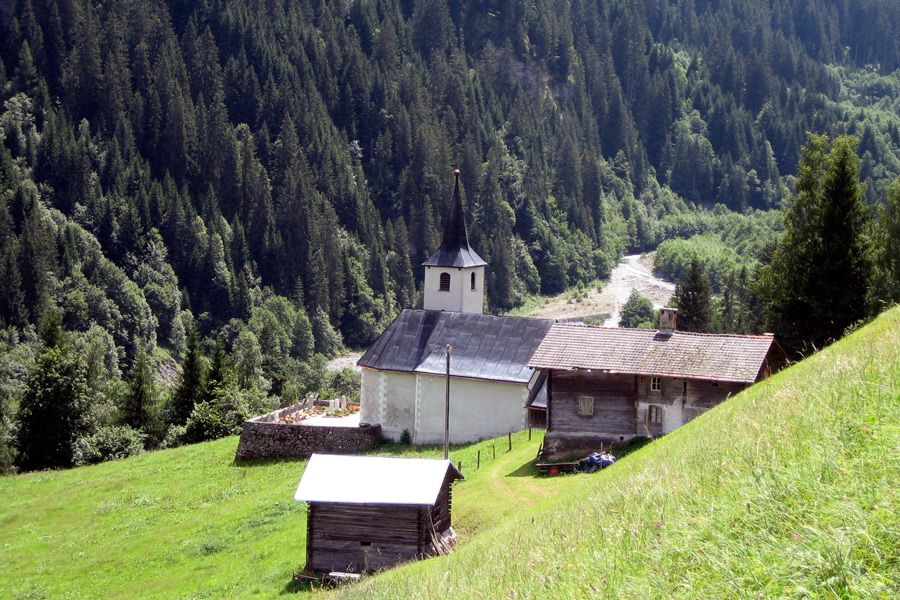The Forest Europe Ministerial Conference welcomes progress on the Forest Genetic Resources Strategy for Europe and sets future priorities
Ministers from across Europe reaffirm their commitment to sustainable forest management, highlighting EUFORGEN’s role in enhancing forest resilience and setting new priorities for conserving forest genetic resources.

Ministers responsible for forests from around Europe have signed the Bonn Ministerial Declaration “Keeping Sustainable Forest Management Fit for the Future” acknowledging EUFORGEN’s role to enhance the adaptive capacity and resilience of European forests.
The Declaration, signed at the 9th FOREST EUROPE Ministerial Conference in Bonn, Germany, on 2 October 2024, reaffirms Europe's political commitment to sustainable forest management. Welcoming progress on the Forest Genetic Resources Strategy for Europe, signatories stressed the need to identify gaps, assess threats and set priorities for the conservation of forest genetic resources through the Genetic Conservation Unit Network, maintained by European countries through EUFORGEN. This challenge will be at the centre of the next phase of the EUFORGEN Programme, which will start in January 2025.
“WELCOMING the progress in implementing the “Forest Genetic Resources Strategy for Europe” launched by EUFORGEN to enhance the adaptive capacity and resilience of European forests and STRESSING the need to identify gaps, to assess threats and set priorities for the conservation of forest genetic resources through the “Genetic Conservation Unit Network”, maintained by EUFORGEN.”
FOREST EUROPE - Bonn Ministerial Declaration October 2024
‘Keeping Sustainable Forest Management fit for the future’
Speaking on the first day of the Ministerial Conference on 1 October, EUFORGEN Coordinator Michele Bozzano emphasised how the “Ministerial Decision recognises that the future of our forests depends, more than ever before, on their ability to adapt” and that this adaptation potential arises from forests’ genetic diversity.

Dr Bozzano told the audience of representatives of Ministries responsible for forests and Observer Organisations that genetic diversity can help European forests face challenges, both today and in the future. He underlined, however, that we must deepen our understanding of how this diversity influences forest resilience, adaptability, and productivity under changing environmental conditions if we are to fully tap into its potential.
He also explained that increasingly larger quantities of forest reproductive material (FRM) will be needed to restore damaged forests, while species in ecosystems at risk of collapse will need to migrate and may require help to do so. The EUFORGEN coordinator stressed that European future capacity to access and produce appropriate FRM depends on the actions we take now to conserve the genetic diversity of our forests.
This means that the people who manage our forests, nurseries and seed orchards need proper training, reliable decision-support tools and a robust policy framework to enable them to develop skills and management practices to support forest adaptation. EUFORGEN is dedicated to meeting this need and has a long track record in advancing knowledge and informing key stakeholders— including practitioners, scientists, and policymakers—on the sustainable use of forest genetic resources in European forests. It was established in 1994 after receiving an original mandate from the FOREST EUROPE process in 1990, following a resolution at the 1st Ministerial Conference in Strasbourg, France. Recognition of EUFORGEN’s ongoing role at the 9th Ministerial Conference is an important milestone for the Programme, which this year celebrates three decades of work towards diverse and resilient forests.

The 9th FOREST EUROPE Ministerial Conference welcomed representatives from 44 European Ministries responsible for forests, together with representatives of the European Commission and 48 Observer Organisations. The event, held in Bonn on 1 – 2 October 2024, marks the culminating phase of Germany’s four-year chairmanship of the FOREST EUROPE process, which started in January 2021.

The 9th Ministerial Conference focused on strengthening Sustainable Forest Management and improving cross-border cooperation to address forest disturbances, especially in response to the growing threats of climate change. Ministers and stakeholders discussed ways to enhance forest resilience, sharing national experiences and promoting youth involvement in forestry.
The conference concluded with the signing of the Bonn Ministerial Documents, which reaffirmed Europe's commitment to sustainable forest policies and set the framework for the implementation of effective management strategies, tailored to the needs of the signatory countries. Held every four to five years, the FOREST EUROPE Ministerial Conference represents a significant step toward addressing the challenges facing Europe's forests and promoting long-term sustainability.









